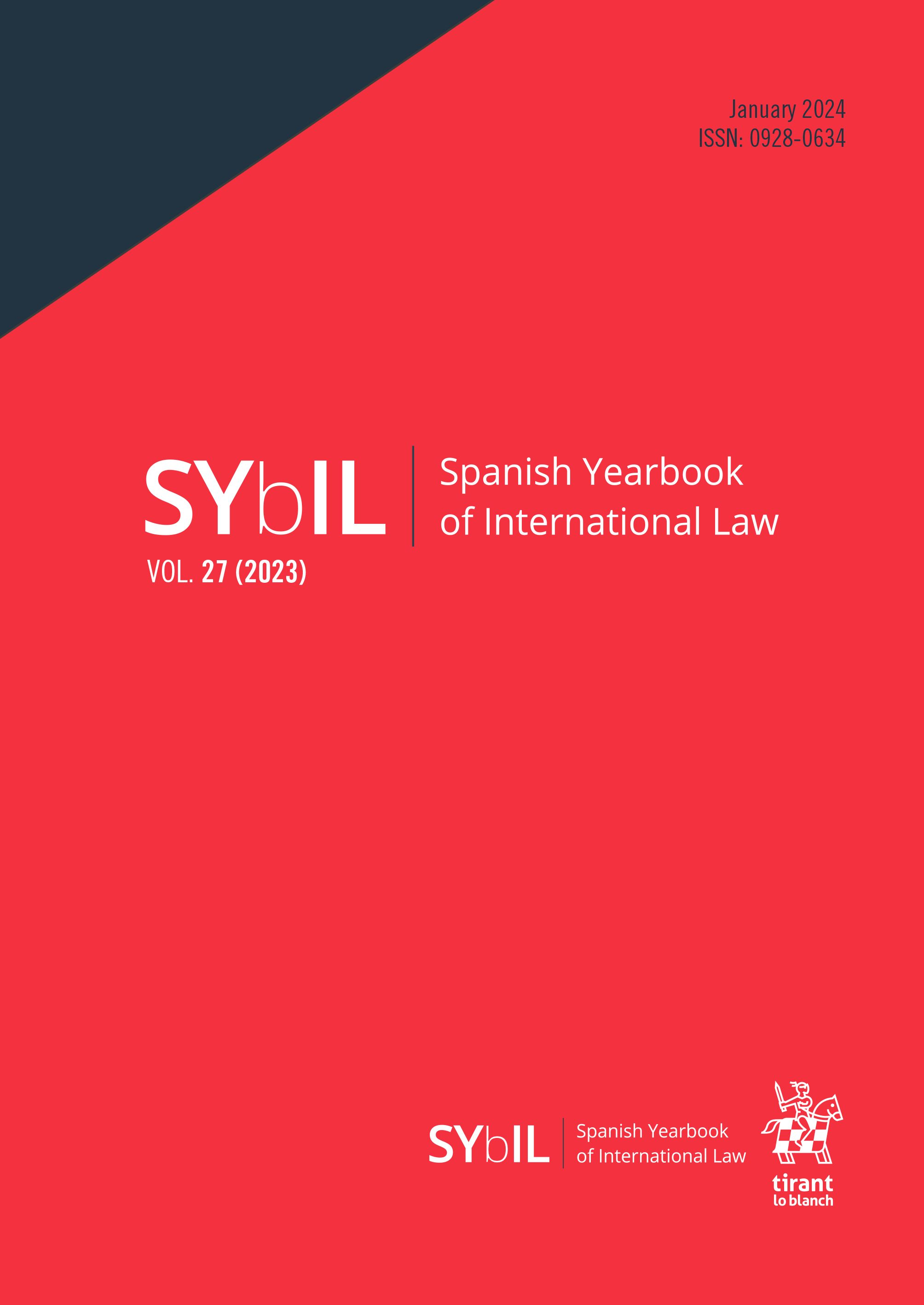Questions of justice and sustainability: The case of submarine cables in the Arctic
Keywords:
submarine cables, Arctic, justice, Arctic communities, sustainability, connectivityAbstract
Submarine cables, as the backbone of the world's increasing connectivity, are gradually reaching the North. Compared to resource extraction sectors like mining, oil, and gas, the laying and maintenance of submarine cables are less harmful to nature and have a lower impact on soil, air, and sea. This activity has positive environmental aspects. However, it may also bring negative consequences due to a lack of scientific knowledge and the increased presence of cable ships in the Arctic. On the social side, submarine cables, when extended by land-based infrastructure, tend to provide a more reliable internet connection, enhance Arctic connectivity with the rest of the world, and ensure the Northern regions' involvement in global affairs. Simultaneously, it interferes with the livelihoods and traditional ways of life of Northern communities, involving younger generations in technology development, impacting indigenous people, local producers, and endangering domestic traditions and habits. Therefore, this relatively new economic activity is worth analyzing from both environmental and social justice perspectives in the context of integrated sustainable development of the Arctic. This article aims to raise awareness regarding submarine cables, providing an Arctic legal framework for them, followed by recent updates on submarine cable activities. It offers an overview of the environmental and social impacts of submarine cables and concludes with preliminary proposals for their sustainable development in the Arctic.
Published
Issue
Section
License
Copyright (c) 2024 Spanish Yearbook of International Law

This work is licensed under a Creative Commons Attribution-NonCommercial-NoDerivatives 4.0 International License.




